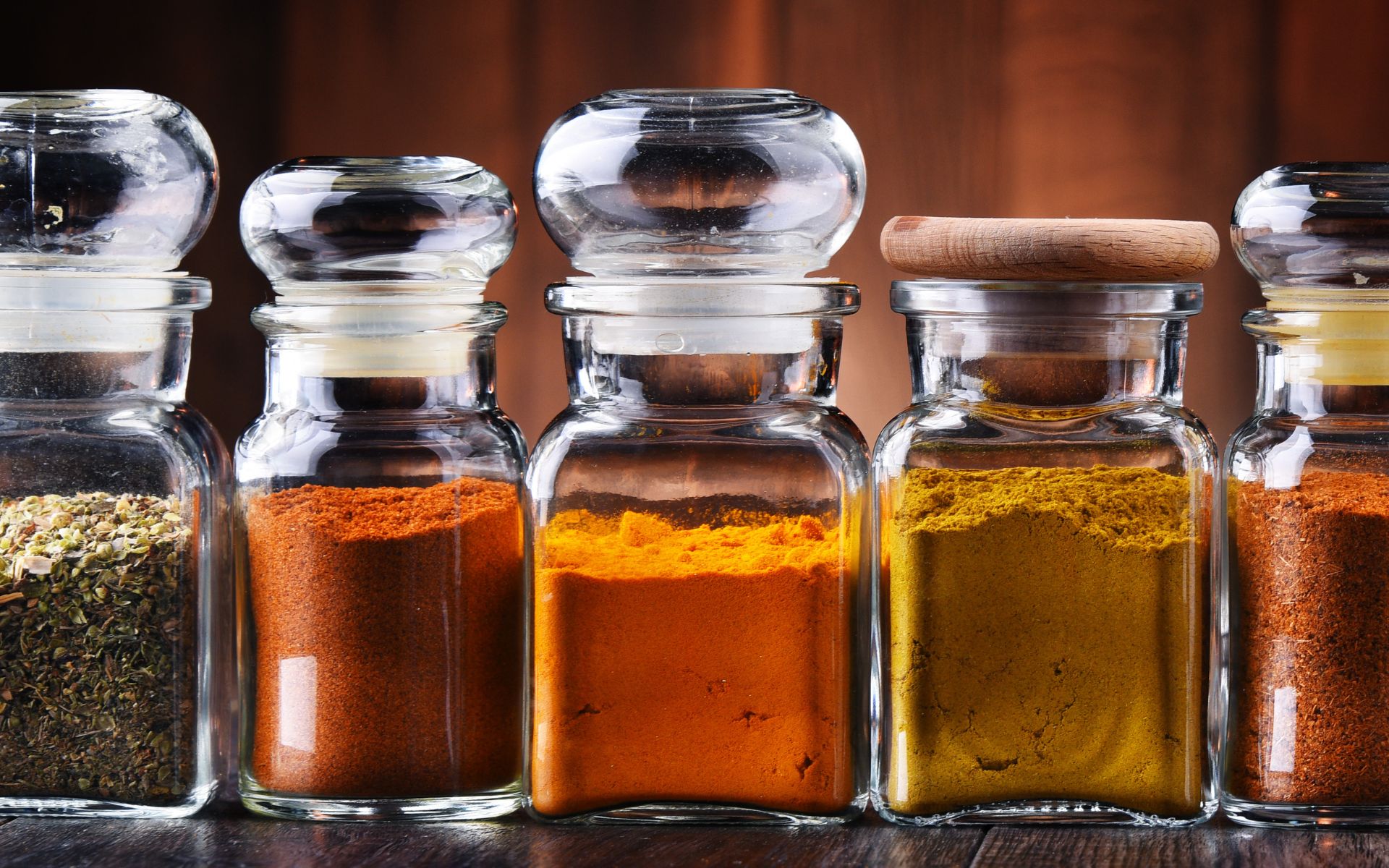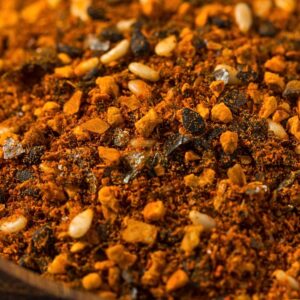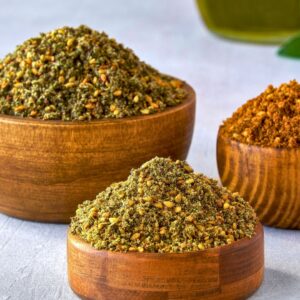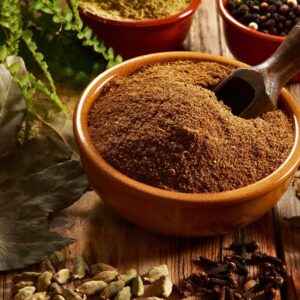Spices are essential ingredients that add flavor, aroma, and character to our meals. However, their potency and freshness can diminish over time if not stored and handled properly. Understanding the best practices for storing spices is key to maintaining their quality and ensuring they deliver the desired impact in your culinary creations.
Understanding Spice Shelf Life
- Natural Lifespan: Different spices have varying shelf lives. Whole spices can last up to 3-4 years, ground spices for 2-3 years, and dried herbs for 1-2 years.
- Freshness Indicator: A spice’s aroma is a good indicator of its freshness. If it smells weak, it’s likely lost some potency.
Optimal Storage Conditions
- Cool and Dark Places: Spices should be stored in a cool, dark place away from direct sunlight. Exposure to heat and light accelerates the loss of flavor and color.
- Airtight Containers: Store spices in airtight containers to protect them from moisture and air, which can lead to clumping and loss of flavor.
- Glass or Ceramic Containers: Prefer glass or ceramic over plastic for long-term storage. These materials don’t absorb flavors and prevent contamination.
Avoiding Moisture and Heat
- Moisture Prevention: One of the best practices for storing spices is moisture prevention. Never sprinkle spices directly from the container over a steaming pot. The moisture can enter the container and lead to spoilage.
- Proximity to Heat Sources: Avoid storing spices near the stove, oven, or in areas that get warm, like above the refrigerator or near a dishwasher.
Labeling and Organization
- Label with Dates: Mark the purchase or opening date on spice containers to track their age. We sometimes skip this step, but this is actually one of the best practices for storing spices.
- Organization: Keep spices organized and easily accessible. This not only makes cooking more efficient but also helps in monitoring and using older spices first.
Buying in Appropriate Quantities
- Buy What You Need: Buy spices in quantities that you will use within a reasonable time. This ensures they are at their peak of flavor.
- Bulk Purchases: For bulk purchases, store the excess in a cool, dark place and only refill smaller containers as needed.
Handling Spices
- Spoon, Don’t Pour: Use a dry spoon to measure spices, not the container directly, to prevent cross-contamination.
- Avoid Touching with Wet Hands: Always have dry hands when handling spices to prevent moisture from entering the container.
Freezing for Longevity
- Freezing Option: Some spices, especially whole seeds and nuts, can be frozen to extend their shelf life. However, ensure they are tightly sealed to prevent freezer burn.
Proper storage and handling are crucial in preserving the quality and extending the life of your spices. By following these best practices for storing spices, you can ensure that your spices remain fresh, potent, and ready to elevate your culinary creations. Remember, spices are the soul of your cooking, so give them the care they deserve.












